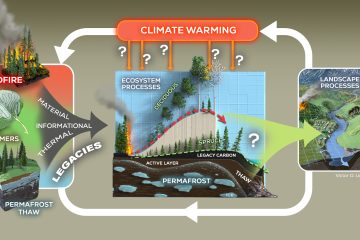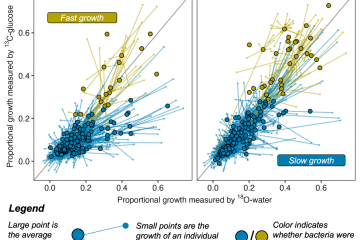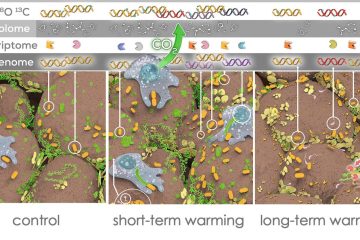Aligning ecology and markets in the forest carbon cycle
A forest carbon (C) offset is a quantifiable unit of C that is commonly developed at the local or regional project scale and is designed to counterbalance anthropogenic C emissions by sequestering C in trees. In cap-and-trade programs, forest offsets have market value if the sequestered C is additional (more than would have occurred in the absence of the project) and permanent (sequestered within the project boundary for a specified period of time). Local management and ecological context determine the rate of C sequestration, risk of loss, and hence the market value. An understanding of global C dynamics can inform policy but may not be able to effectively price an ecosystem service, such as C sequestration. Appropriate pricing requires the assistance of ecologists to assess C stock abundance and stability over spatial and temporal scales appropriate for the regional market. We use the risk that sequestered C will be emitted as a result of wildfire (reversal risk) to show how ecological context can influence market valuation in offset programs.


